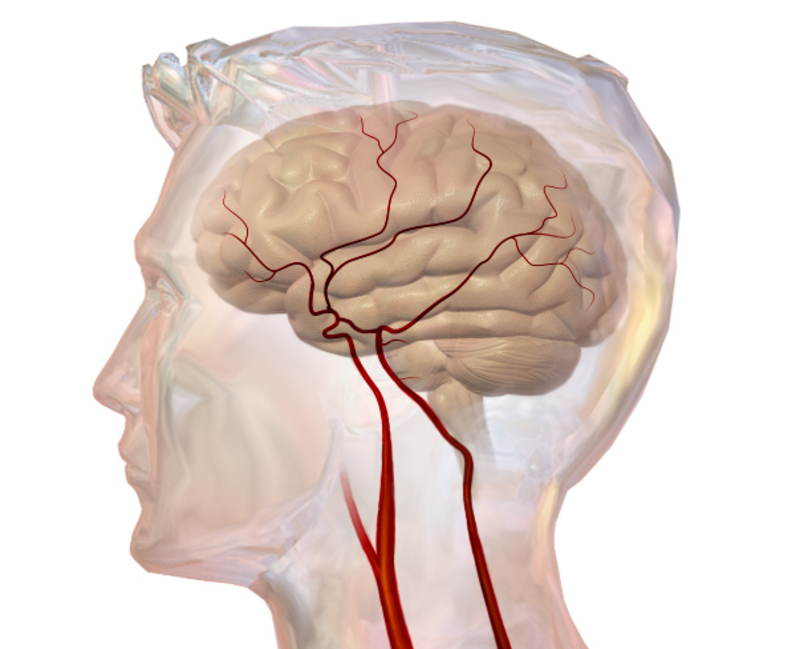
US-based biopharmaceutical firm DiaMedica Therapeutics has obtained approval from the Australian Human Research Ethics Committee to initiate the Phase II REMEDY clinical trial of DM199 in patients with acute ischemic stroke.
Acute ischemic stroke is caused by an interruption in blood supply to the brain due to the formation of a blood clot, and DM199 is a synthetic human tissue kallikrein (KLK1) protein that regulates blood pressure and local blood flow.

Discover B2B Marketing That Performs
Combine business intelligence and editorial excellence to reach engaged professionals across 36 leading media platforms.
The multi-centre, double-blind, randomised, placebo-controlled Phase II trial is designed to evaluate DM199 in around 60 subjects who had a moderate to moderately severe acute ischemic stroke.
Patients will be administered with an intravenous infusion of DM199 within 24 hours of stroke symptom onset, followed by subcutaneous dosing for a period of 21 days.
DiaMedica Therapeutics chief scientific officer Todd Verdoorn said: “Ethics Committee approval is based on DiaMedica’s deep understanding of DM199’s therapeutic mechanism in acute ischemic stroke and our substantial body of work showing the safety and tolerability of DM199.
“We are looking forward to working with our clinical partner, The Royal Melbourne Hospital, and the study’s Principal Investigator, Dr Bruce Campbell, head of hyperacute stroke in the department of neurology.”

US Tariffs are shifting - will you react or anticipate?
Don’t let policy changes catch you off guard. Stay proactive with real-time data and expert analysis.
By GlobalDataREMEDY is based on the firm’s prior trials of a human urine version of the KLK1 protein given to more than 400,000 stroke patients across Asia.
The primary endpoints of the Phase II trial are safety and tolerability, while the secondary endpoints include drug exposure monitoring, various tests such as plasma-based biomarkers and functional stroke measures for the therapeutic potential of DM199.





